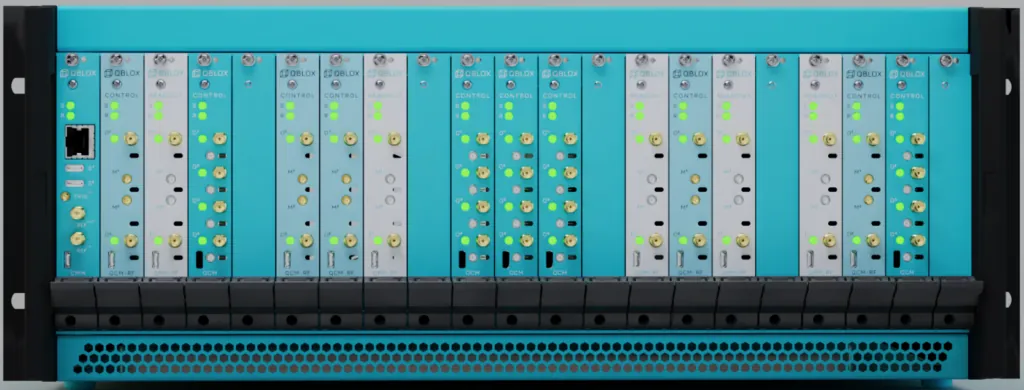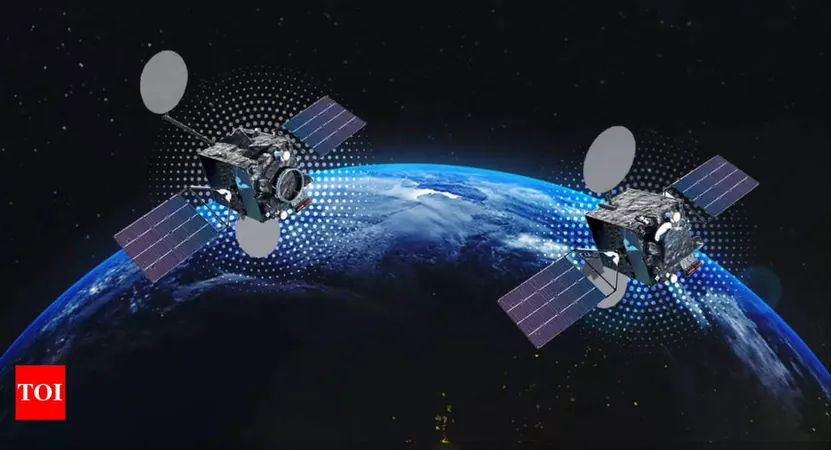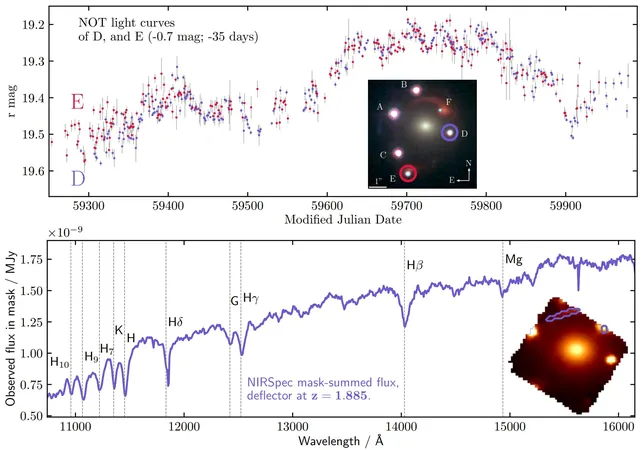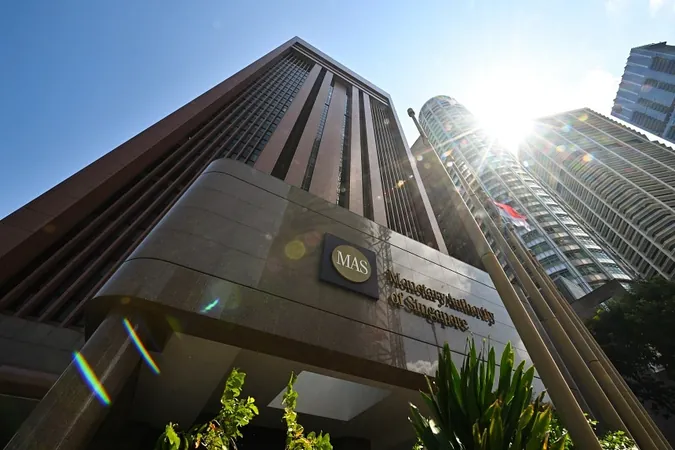
Unveiling the Crucial Role of Electronics in Quantum Technology Supply Chains
2024-09-22
Author: Li
The phrase "supply chain" gained significant attention during the Covid-19 pandemic, becoming a topic of discussion across social media platforms. This newfound awareness led many to reflect on the origins of everyday items, from tiles to medical prescriptions. While some experienced anxiety over potential shortages, others began to appreciate the interconnectedness of our global economy.
One critical area that emerged from the supply chain context is the Control and Readout Electronics integral to quantum technology. In the Global Quantum Supply Chain Report by the Global Quantum Initiative (GQI), the Control and Readout Electronics category stood out, exhibiting a criticality value of 4-5—indicating its paramount importance across various quantum computing platforms including superconducting and silicon spin technologies.
The Importance of Control and Readout Electronics
These components are essential for translating quantum states into actionable information. They include:
- **Control Logic Hardware:** Drives control signals.
- **Connectors and Cables:** Enable connections between quantum hardware.
- **Analog-to-Digital Converters (ADCs):** Convert analog quantum signals for digital use.
- **Digital-to-Analog Converters (DACs):** Generate control signals.
- **I/O Blocks:** Aid interaction among system components.
- **Logic Blocks and FPGAs/ASICs:** Execute critical quantum operations and real-time control.
- **Microcontrollers and Configurable Memory:** Oversee system operations and store settings.
- **Clocking Circuitry:** Ensures coordinated operational timing.
Global Sourcing Insights
The sourcing landscape for Control and Readout Electronics is varied, with notable contributions from the United States (18.8%), followed by Germany (2.7%), the UK (2.2%), Japan (2.0%), and others, illustrating a complex web of dependencies in the quantum technology sector.
Innovation at the Forefront
Recent advancements signify the pace of innovation in quantum control electronics:
- The **Advanced Quantum Testbed (AQT)** at Lawrence Berkeley National Laboratory is pioneering an open-source design for superconducting quantum information processors, fostering community-driven development.
- The newly launched **Quantum System Hub (QHub)** by Zurich Instruments is designed to scale up quantum processors to handle 300 superconducting qubits, boasting 56 Zsync ports for synchronizing numerous microwave channels.
The race to dominate the market for Control and Readout Electronics has sparked over 100,000 patents, a testament to its vital importance in the quantum ecosystem. A recent $26 million investment in Delft-based company Qblox highlights this growing recognition of the sector's relevance.
What Lies Ahead?
For newcomers to the quantum technology sphere, understanding the criticality of various subfields can serve as a guide to lucrative opportunities. The QGI's reports offer a detailed exploration of the quantum technology supply chain and what it means for future innovation.
In light of these developments, it's clear that bolstering critical supply chains will be essential for the sustained growth and functionality of quantum technology. The interplay between innovation, investment, and international collaboration will define the future of quantum computing—an arena where opportunities abound, waiting for the next groundbreaking advancement.
For those eager to delve deeper into this fascinating domain, the GQI offers resources to navigate the ever-evolving landscape of quantum technology.



 Brasil (PT)
Brasil (PT)
 Canada (EN)
Canada (EN)
 Chile (ES)
Chile (ES)
 España (ES)
España (ES)
 France (FR)
France (FR)
 Hong Kong (EN)
Hong Kong (EN)
 Italia (IT)
Italia (IT)
 日本 (JA)
日本 (JA)
 Magyarország (HU)
Magyarország (HU)
 Norge (NO)
Norge (NO)
 Polska (PL)
Polska (PL)
 Schweiz (DE)
Schweiz (DE)
 Singapore (EN)
Singapore (EN)
 Sverige (SV)
Sverige (SV)
 Suomi (FI)
Suomi (FI)
 Türkiye (TR)
Türkiye (TR)